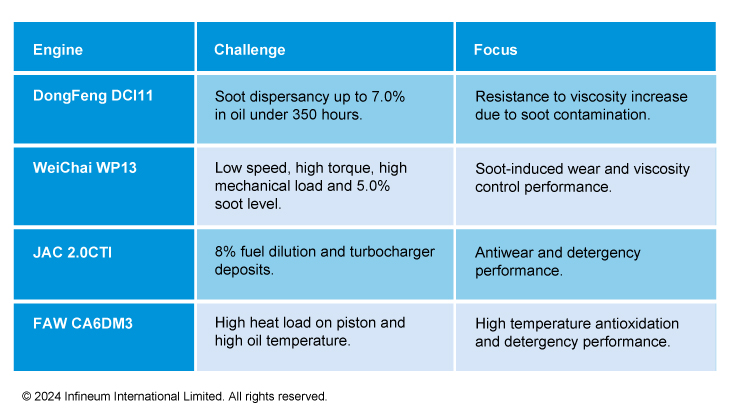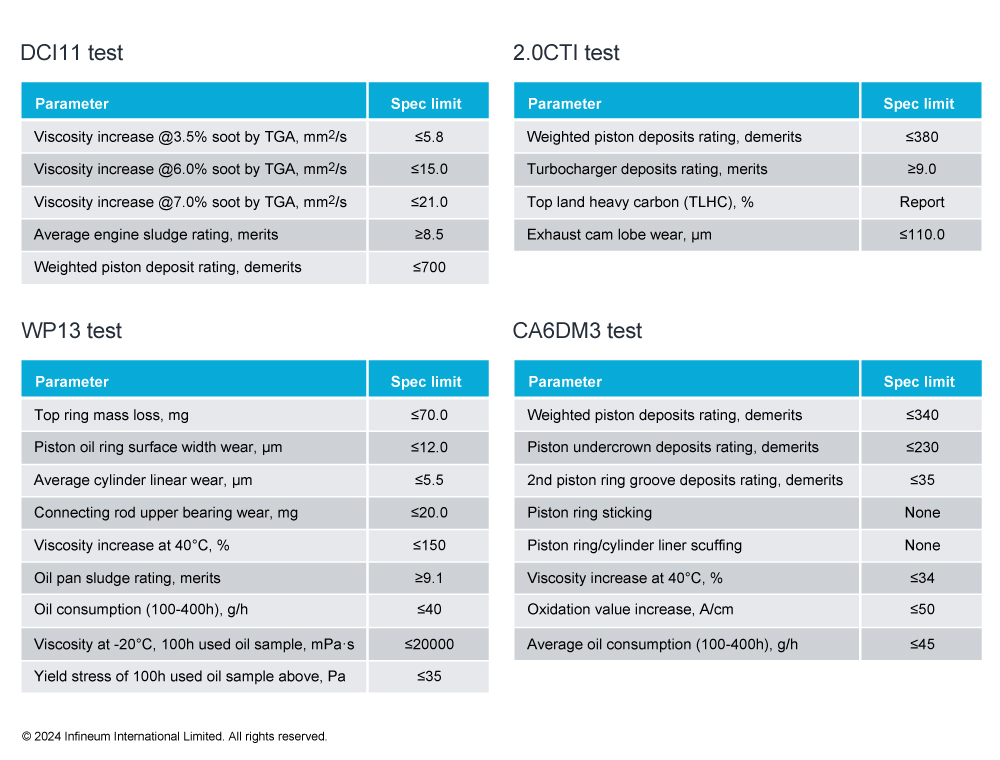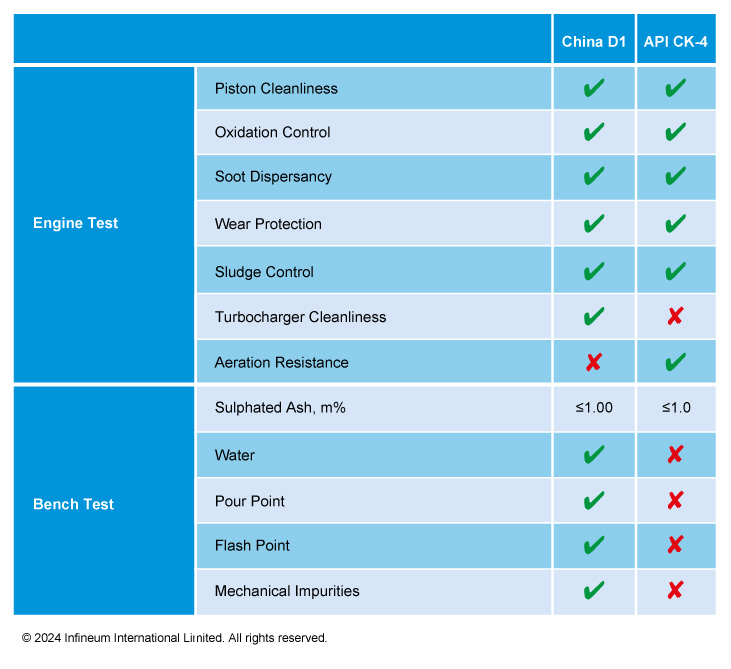Commercial vehicles
PC-12 on track for 2027
26 August 2025
09 July 2024
Q-up for heavy-duty engine oils in China ensures their performance meets the needs of local engines

In China, following a huge cross-industry collaborative effort, the D1 heavy-duty engine oil specification is almost ready for release. Yang Shuqing, Infineum Industry Liaison Advisor, talks to Insight about the drivers for its development and explores the new mandatory performance requirements lubricants must meet to attain the required approval.
China is the largest heavy-duty vehicle market in the world. Over 40 million trucks were thought to be on its roads at the end of 2022, more than 11 million of which are medium or heavy-duty diesel. In 2023, new truck sales reached more than 4 million. In our view, some 95% of these sales could be domestic brands, which makes it surprising that the China heavy-duty lubricant market currently uses the API specifications. With these locally produced vehicles being somewhat different to North American trucks, their lubricant requirements are not fully supported by these existing specifications. With that in mind, initiated by some of the big OEMs, oil companies and related associations, the industry set out to develop a China specific heavy-duty engine oil specification.
It has taken a considerable amount of time and effort plus dedication and cooperation, but finally the D1 specification for heavy-duty engine oils is ready for launch.
China’s current national diesel engine oil specification, GB11122-2006, is based on the API engine oil specifications from API CD to CI-4 categories. The real driver for the development of the D1 specification is that the current specification is not matched to the hardware configurations that have been adopted by Chinese OEMs to meet the stringent emissions requirements of China VI legislation.
There were three key drivers for the new specification:
The China VI emissions and fuel consumption standard is unique to China (driving cycle/limitations etc.).
Aftertreatment and operational changes are needed to meet the stringent China VI emissions limits - especially particulate matter and NOx.
The Made in China Strategy encourages independent specifications development.
These specification development efforts aim to ensure that oils sold in China meeting the D1 specification match the needs of the domestic OEM engines that are designed to conform to the latest emissions regulations.
The Chinese Lubricants Standard Alliance Committee was tasked with developing the standard. Formed in 2016, and now comprising 31 members from OEMs, oil and additive companies and industry bodies, the work groups focussed on test procedures and the development of the oil specification. Their outputs have been passed through China National Standard Committee (GB) experts group review so that the final standard can be adopted into GB11122, where it will sit above API CI-4.
While D1 performance is based on API CK-4 it will differ from this quality level in many details. One of the main differences is that all the engines used for D1 tests are from Chinese OEMs.

Since all the engine tests for the specification were developed using local engines, you could say that they are all brand new engine tests.
The limits set for the new D1 draft specification are shown below.

One of the key questions for oil companies is how does the D1 specification compare with API CK-4? The antiwear, antioxidation, soot dispersancy and piston cleanliness performance requirements for D1 are all quite similar to those of API CK-4. However, local requests, such as turbo deposit prevention and fuel dilution, have been incorporated.
The key technical differences between D1 and API CK-4 are summarised in the table below.

Another question we can anticipate is does D1 have base oil interchange (BOI) and viscosity grade read across (VGRA) rules? Currently, both BOI and VGRA rules are not allowed in D1. However, the D1 committee has drafted a test plan to set up BOI/VGRA rules, although this work is still in progress.
When published, this new mandatory specification, will be a must have for all heavy-duty engine oil suppliers wishing to supply China VI capable vehicles.
Without this seal of approval heavy-duty products will need to be marketed at a lower performance level.
Infineum is ready to deliver market-driven technology solutions that meet the requirements of the new D1 specification to support both OEMs and oil marketers.
Sign up to receive monthly updates via email
